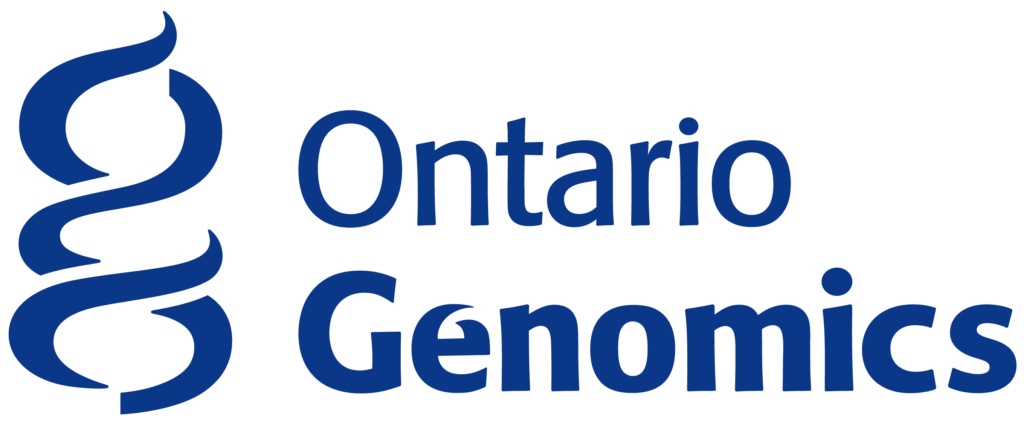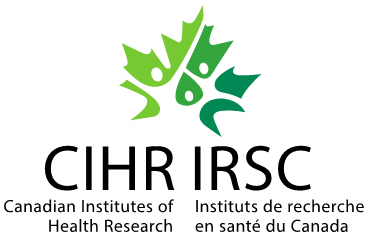With increasing adoption of high-throughput sequencing technologies to infectious disease surveillance and outbreak investigations, genomic epidemiology (combining pathogen genomics data with epidemiological investigations to track the spread of infectious diseases) is poised to change the practices of public health and infection controls and provides unprecedented amount of data for pathogen evolution studies.
This 2-part (2 x 3-day) course from CBW provides an introduction and hands-on practical tutorial for foundational pathogen genomics (Part 1 – Microbial Genomics) skills followed by applied application of this data to infectious disease epidemiology (Part 2 – Infectious Disease Genomic Epidemiology). The tutorials are designed as self-contained units that include example data and detailed instructions for installation of all required bioinformatics tools or access to publicly available web applications.
These workshops can be taken together or separately. This workshop focuses on foundational skills (no prior bioinformatics experience required) and is not specific to pathogens.
Over the course of both Infectious Disease Genomic Epidemiology and Microbial Genomics, participants will gain practical experience and skills to be able to:
● Understand high-throughput sequencing (HTS) platforms as applied to pathogen genomics and metagenomics sequencing
● Understand the value of data sharing and data curation in pathogen surveillance
● Analyze HTS data for pathogen surveillance and outbreak investigations
● Analyze antimicrobial resistance genes
● Detect emerging pathogens in metagenomics data
● Perform phylodynamic analysis
● Use different visualization tools for genomic epidemiology analysis
Graduates, postgraduates, staff bioinformaticians, laboratory technologists, medical microbiologists and PIs working with or about to embark on analysis of genomic and metagenomics data for epidemiological investigations. Open to all public health, hospitals, academia, industry or government affiliations.
You will require your own laptop computer. Minimum requirements: 1024×768 screen resolution, 2.4GHz CPU, 8GB RAM, 100GB free disk space, recent versions of Windows, Mac OS X or Linux (Most computers purchased in the past 3-4 years likely meet these requirements).
This workshop requires participants to complete pre-workshop tasks and readings.
No experience with bioinformatics is required.
Day 1: Genome Assembly & Annotation (Jared Simpson / Gary van Domselaar)
- De-novo & reference mapping with some expanded focus on long-read methods
- ORF calling
- Annotation
- Quality assessment and quality control
- Comparative genomics
Day 2: AMR and Mobile Genetic Elements (Andrew McArthur / Rob Beiko)
- Review of available antimicrobial resistant (AMR) resources
- The Comprehensive Antimicrobial Resistance Database (CARD) Overview
- Identification of antimicrobial resistance genes
- Challenges of Detecting AMR in Metagenomics
- Mobile genetic elements and modes of transmission
- Tools to predict MGEs – what clues do we look for?
- Role and detection of lateral gene transfer
Day 3: Pangenomics & Phylogenomics (Aaron Petkau / Fiona Brinkman )
- Overview of microbial evolution
- Overview of population genetics of pathogens
- Review of phylogenetics
- Pangenomics tools/workflow
- Visualization and interpretation
Duration: 3 days
Start: May 01, 2025
End: May 03, 2025
Status: Registration Closed
Workshop Ended

Canadian Bioinformatics Workshops promotes open access. Past workshop content is available under a Creative Commons License.
Posted on:
 Download the poster announcing this workshop
Download the poster announcing this workshop



